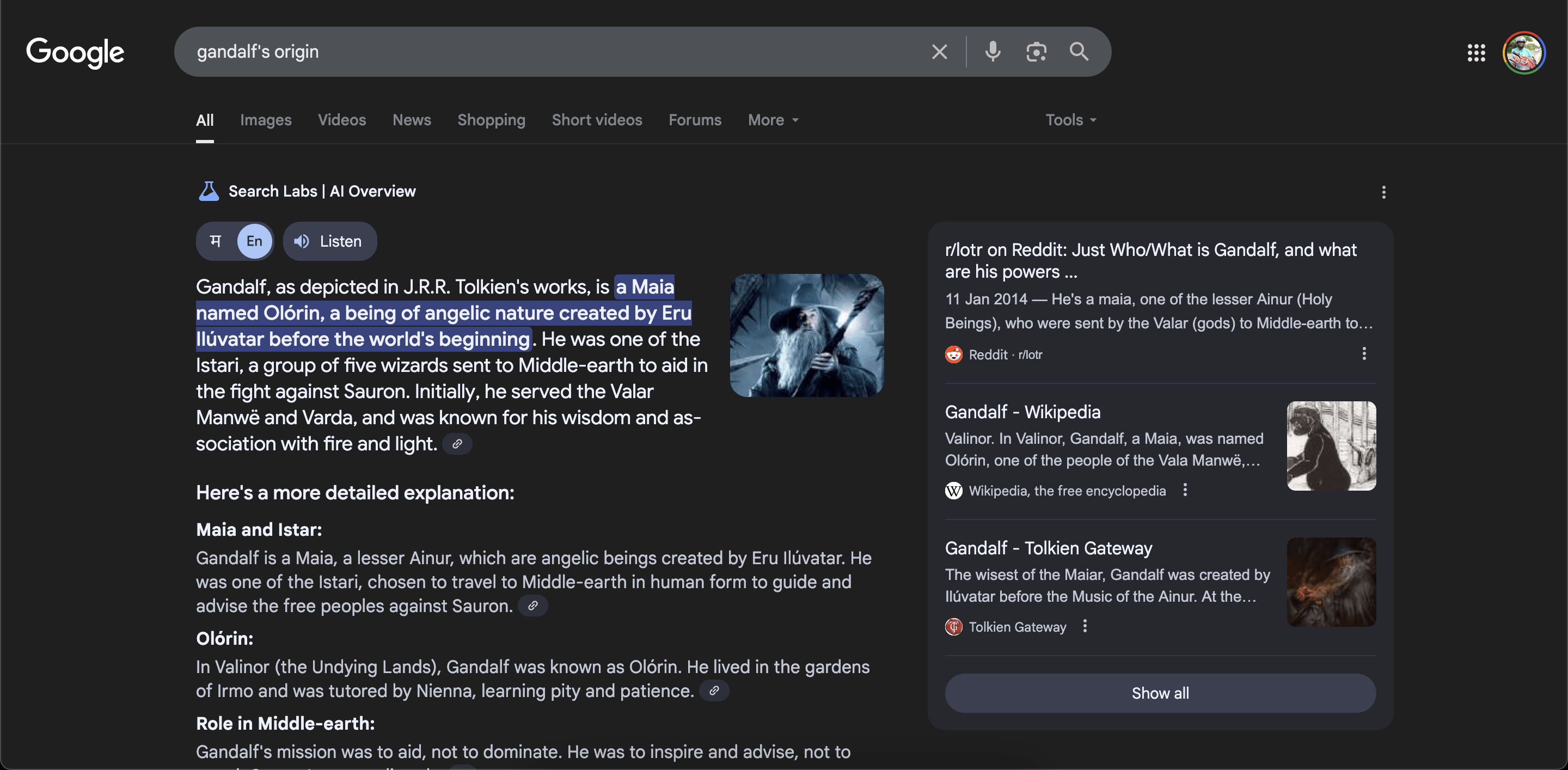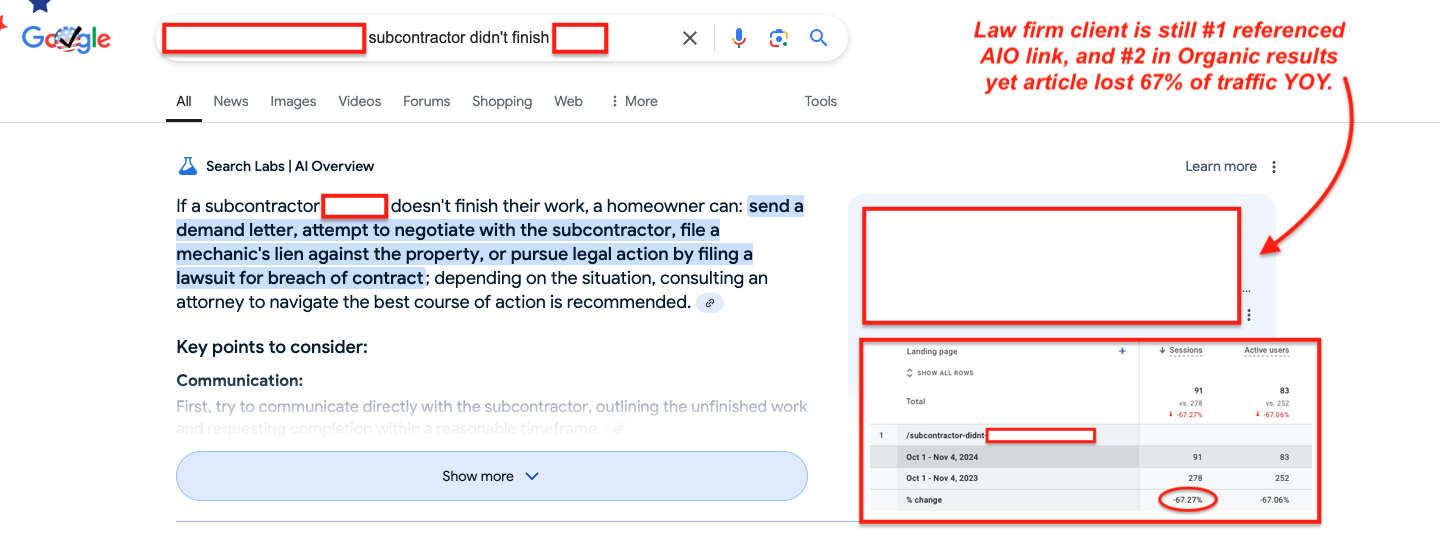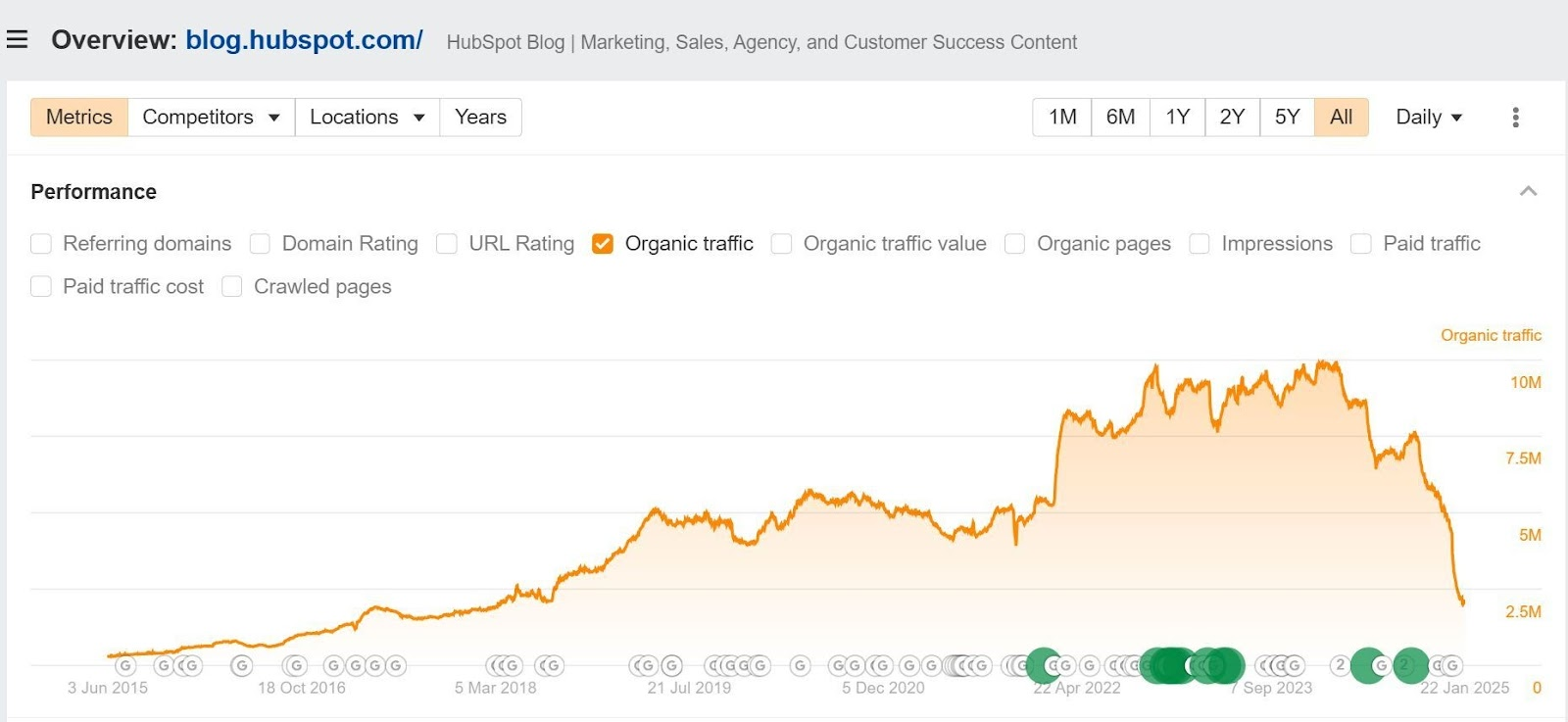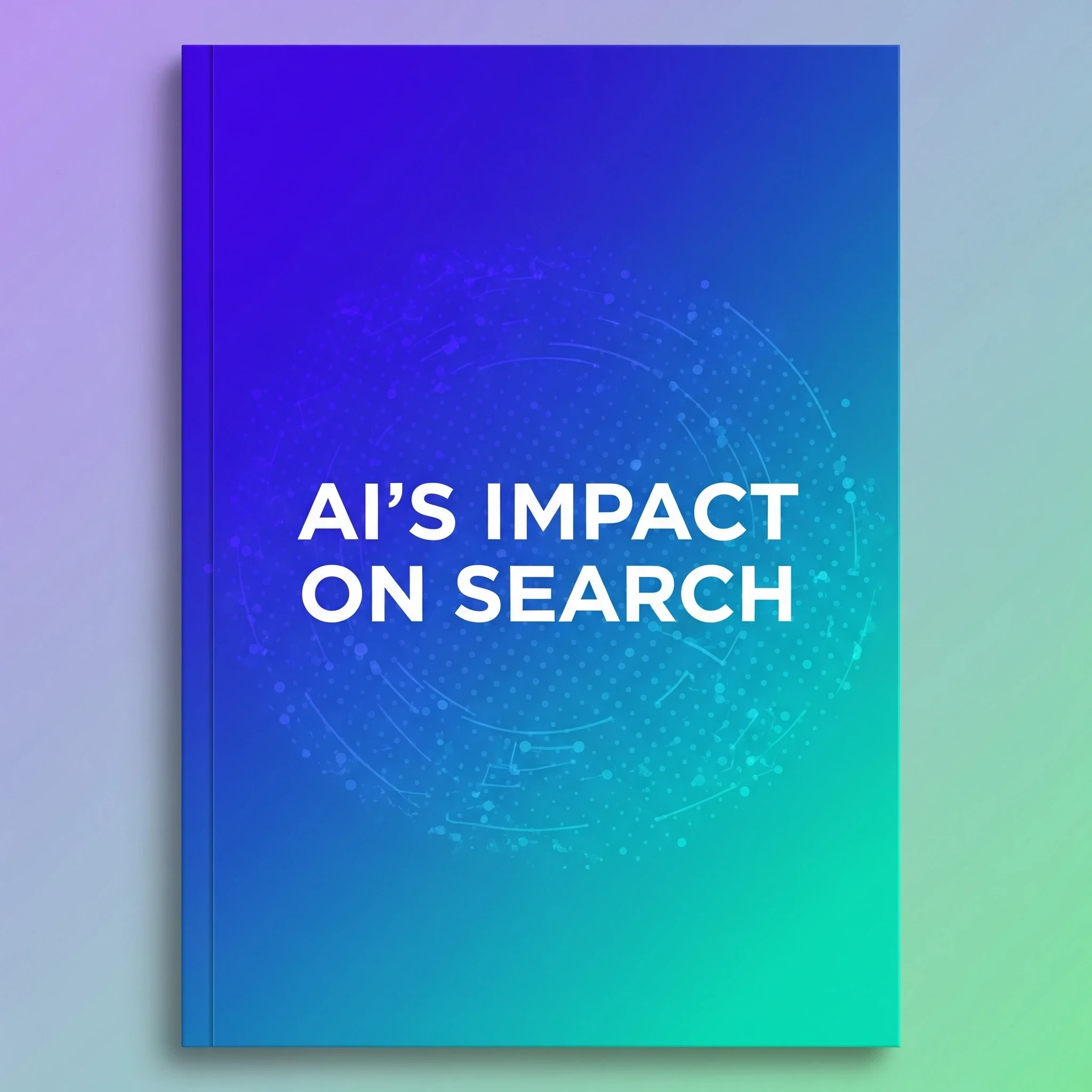
The Impact of AI in Search
Sorry for being so dramatic, but this deserves your attention.
Google used to be a Search Engine. Now it’s an Answering Engine.
Remember the days when your website had the answers to search queries?
These answers were written on your website in blog posts and landing pages.
Now Google has those answers. The impact of AI on search is a pretty big one now, although in a way, Google has been building up this capability for answers for over two decades.
Type USD TO INR, Google shows a converter. This has made visiting currency websites irrelevant.
Type “Gravity lyrics” and Google shows you the lyrics. This has made visiting those lyrics websites irrelevant.
Type “Flights to Singapore” and Google shows you flights. Is slowly making aggregator websites irrelevant.

Type “Gandalf’s name” and Google has an AI overview that answers the question pertaining to search. But fans are always looking for more, so fan pages have not been made irrelevant, but what about their traffic?
We’ve all been getting the answers without having to leave Google. And this has been building up for over 10 years.
AI in Search - the death knell for SEO?
With AI Overviews, Google has got answers to most subject-matter questions that made people visit websites.
Everest Law Mktg, a company that does marketing for Law Firms, wrote a detailed blog post showing the impact of AI on search. They said because of AI overviews, their clients have lost over 50% traffic yoy despite being in the top 5 on search results. On some pages, the fall more than 80% yoy!

Image source: Everest Legal Marketing’s Blog titled “Google AI Overview & ChatGPT Impact on Law Firm Traffic”
Recently, we saw a lot of conversation on LinkedIn around Hubspot losing a ton of traffic from Google search. From 10m to less than 2.5m is an insane drop for the entire blog. Although there could be other reasons for Hubspot, including core updates (2023 portion of the graph), the graph from early 2024 shows a different story. I’m having a feeling that AIO could be one of them as their blog is mainly top of the funnel content.

Kevin Indig, one of the leading voices on Google Search and SEO, wrote in his newsletter that of the 1675 queries they analyzed, Google displayed AIO for 42% of those queries. But what’s interesting about this is the below. He wrote:
- If AIO is present and your page is not cited as a source, on average you see a 2.8% decrease in Google traffic.
- If AIO is present and your page is a cited source, on average you see a 8.9% decrease in your Google traffic.
- The 42% are the times when queries are expected to have quick and simple answers. And these are mostly the top-of-funnel type questions.
Although his newsletter said the impact is not as much as they expected, the 1675 queries are a tiny amount compared to the 8.5 billion searches that happen on Google everyday.
Optimizing for influence
As marketers, we may have heard or read about this. And the question is.. what do we do about AI in search? Or, specifically, how do we do “AI in search” because it doesn’t look like SEO anymore.
So, I went looking for answers.
I watched a conversation where Rand Fishkin, the founder of SparkToro said, “Google is trying to be the answer to everything.”
“Two-thirds of the time, people are getting answers directly from Google. And Google is trying to keep everyone in the Google ecosystem such as maps or images or YouTube. So why are you trying to use Google to get traffic?”
.
.
.
That last sentence.. that last sentence hit me hard.
So I continued watching the video (Traffic Down, Revenue Up on YouTube) to find out what to do in this new reality.
He said the new SEO is not about building for traffic, but to build for influence.
Marketers must now focus on optimizing for influence instead of optimizing for traffic.
wait.. whaaat?
How do you build for influence on a search engine? Is it not the same as optimizing a page to appear on at the top of SERPs?
That’s when I heard a voice in my brain go, oh yes! I think I know what he means.
New neural pathways began to connect and I began to visualize my understanding.
So the way we’ve been doing SEO and how everyone does it, was to optimize pages to get the most traffic. Could be on-page, off-page, backlinks, technical SEO, whatever.
Since AI in search, we’re seeing indications and data that traditional SEO doesn’t actually work anymore. And let’s face it.. We marketers have no idea how to tame this new beast other than to continue doing what we have been doing.
Today, we cross our fingers, pray and hope that Google is still benevolent. And guess what. Only the SEOs are doing this. Nobody else. Tell me if I’m wrong.
The multi-touch reality

So, what is it that we must be doing differently to address the impact of AI in search?
Rand Fishkin, the founder of Moz and SparkToro, continues to say that multi-touch is a reality and we cannot ignore that. It has always been a reality for customers when purchasing a product or choosing a vendor.
We have to build around multi-touch. What does multi-touch mean?
This simply means to exist and grow on every possible relevant platform that your customers will frequent.
In the case of a B2B services company, this could be YouTube, LinkedIn, Spotify, Substack, Medium, bloggers and mass media. I will even go on to say publish books on Amazon and create audio-books on Audible. Because this is the only way to be found and heard by customers who are looking to solve their problems.
This way, when we have enough content that addresses all the various problems we can solve, we are positioning ourselves to be influential on all platforms, and not just the website.
So are we all going to be influencers now? Looks like that.
The age of zero-click marketing
Amanda Natividad, the VP of Marketing at SparkToro coined this term. In simple words, it means to offer valuable, stand-alone insights with no need to click on a link.
Because anything with a click is now being de-prioritized everywhere.
But isn’t SparkToro just saying this because this is how they can generate demand for their product? May be so. But there is truth in what they’re saying especially when we connect this to real-world data.
Because after all, Google search is going to crawl every place on the internet to find answers. And your answers better be the best ones there is.
And this is going to be incredibly important moving forward. Social platforms are already prioritizing content that doesn’t have outbound links.
And why would anyone click on anything when answers are at their fingertips?
So the action plan then
I’d first encourage you to go through the AI SEO Ultimate 2025 guide if you haven’t yet. This will introduce you to the content of AI SEO, why it is relevant today, what business are seeing from this change, and an overview of how to get started optimizing your website and content to appear in AI search results and AI chat.
I will assume you read that and came back :P
Now that you have some context, I’d recommend understanding how Google’s AI overviews work. Using this, we can build out content that is strategic. If you know your target customer profile, you must list out challenges they’re facing that your product/service can solve.
Just know that AI is already giving answers to top of the funnel content. However, you can still write about it, just know that you may never actually get traffic even though your website’s content could be synthesized for an answer.
However, as more and more chatbots add web search to their platforms, we will begin to see referral traffic coming in from these places. We also have a guide on how to get recommended by ChatGPT and other AI Chatbots.
For each challenge your customer faces, how can you create a piece of content that presents itself uniquely? When there’s a story that has a problem and solution, this can be repurposed into a blog, a YouTube video, a native video for LinkedIn, a newsletter on LinkedIn, an X thread, a podcast and so much more.
At Get Strategiq, we help our clients through this process in 3 steps. First, we start with an AI SEO Audit that checks if you’re already being cited by AI, if your competitors being cited by AI and what are strategic actionable steps to close the gap.
We then have a 90-day AI Citation sprint where we further strategize and execute the action plan. This is beneficial for companies that do not have a marketing team in-house and want to get a quick start.
Finally, we also offer a monthly retainer to manage your content marketing and track your AI SEO performance. This is a full-blown content marketing and brand mentions program that builds your brand on all relevant social media platforms, and includes outreach programs to get you mentioned by popular media outlets in your business space. Contact us to know more.
Start with the AI SEO audit and get a high-level overview of your website’s visibility and performance vs your competitors.

